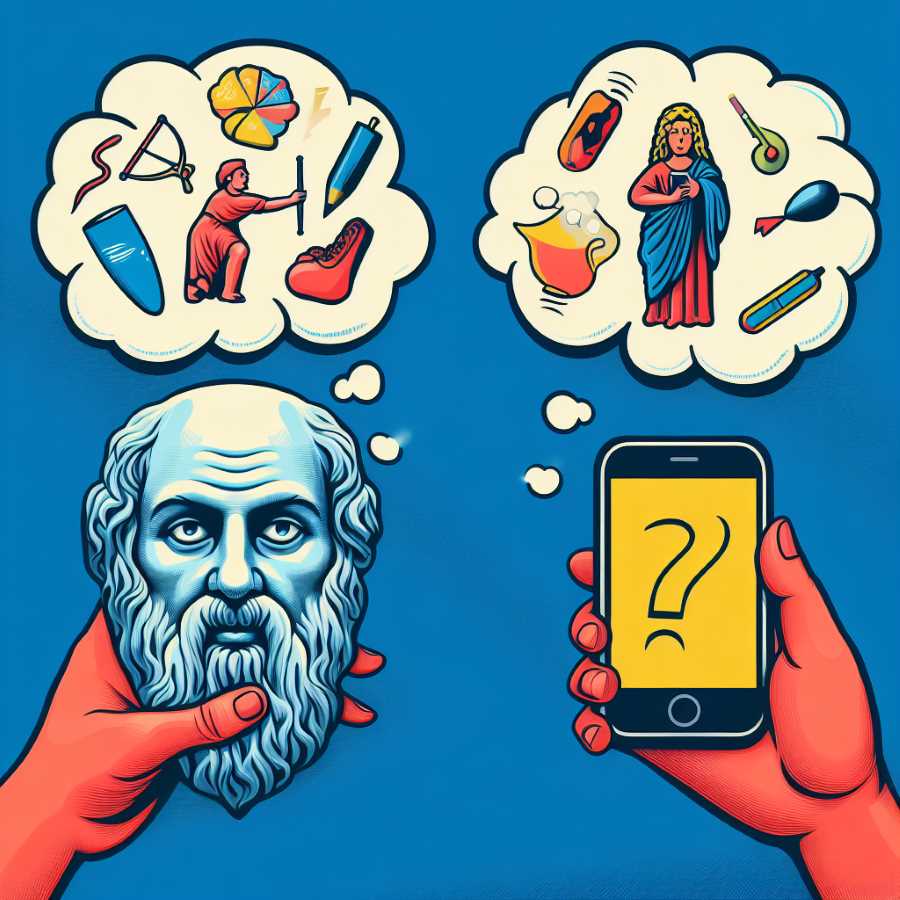Why Your Smartphone is Shrinking Your Soul (and What to Do About It)
Silicon Valley's stealing your Socratic sandcastle! Philosopher Linares Salgado warns tech's shrinking critical thinking, ethics debates and bioethics dilemmas. It's time to reclaim our minds, dust off Plato, & rebuild with a dose of “why?”. The revolution starts on page one.

Remember Socrates? You know, the guy who hung out in marketplaces asking everyone if they knew what justice was, much to the annoyance of the sandals-and-chitin set? He was the OG critical thinker, the patron saint of “Why?” before Google took the crown. But in the shiny playground of the 21st century, where everyone's got a social media megaphone and attention spans shorter than a Kardashian marriage, Socrates is looking more like a dusty relic than a relevant revolutionary.
That's where Jorge Enrique Linares Salgado, a philosopher with a name longer than a Kant syllabus, steps in. He's got a bone to pick with the silicon overlords – they're not just selling you the next iPhone, they're peddling the extinction of critical thought itself. Scary stuff, right? Like an army of self-driving Teslas all programmed to follow the same algorithm, humanity's heading for a philosophical cul-de-sac.




